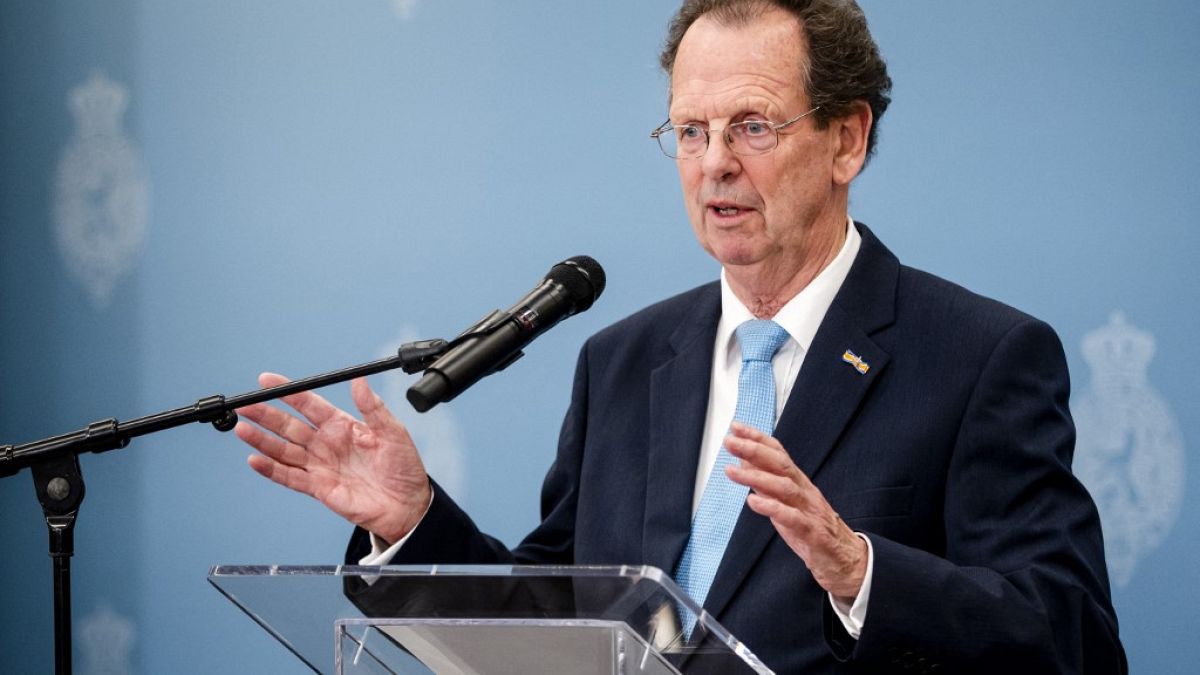Gom van Strien, a senator for Wilders' far-right Party for Freedom, was appointed last week to discuss possible coalitions with other parties.
A party ally of far-right Dutch election winner Geert Wilders on Monday quit his role in the building of a new governing coalition over fraud allegations, throwing the process of creating a new government into turmoil before it had even begun.
Gom van Strien, a senator for Wilders' Party for Freedom, was appointed last week as a “scout” to discuss possible coalitions. He was set to meet Wilders and other party leaders on Monday, but those meetings have now been cancelled.
“It is annoying to start the exploration phase like this," Vera Bergkamp, president of the lower house of the Dutch parliament, said in a statement. She added that “it is now important that a new scout is quickly appointed who can start work immediately.”
Van Strien has denied wrongdoing after Dutch media reported that he was embroiled in a fraud case. But on Monday morning, he issued a statement saying that “both the unrest that has arisen about this and the preparation of a response to it” hampered his work seeking a coalition.
Van Strien is an experienced but largely unknown senator for Wilders' party, known by its Dutch acronym PVV.
He had been tasked with making an inventory of possible coalitions and reporting back to the lower house of the Dutch parliament by early December so that lawmakers could debate the issue on 6 December before appointing another official to begin more concrete talks on forming a coalition.
Wilders' PVV was the shock winner of last week's Dutch election in a stunning shift to the far right in Dutch politics that sent shockwaves through Europe. Long an outsider largely shunned by mainstream parties, Wilders is now front and centre of moves to form a new ruling coalition.
However, his hopes of quickly forming a right-of-centre coalition were dealt a blow last week when Dilan Yeşilgöz-Zegerius, the new leader of the mainstream centre-right VVD party of outgoing Prime Minister Mark Rutte, said her party would not join a coalition led by the PVV.
Despite her rejection, Wilders has urged Yeşilgöz-Zegerius to join him in coalition talks with the leader of two new parties that made big gains in the election, the centrist New Social Contract and the Farmer Citizen Movement.
Van Strien's resignation highlights one of the key issues Wilders is likely to face over the next weeks as its raft of new lawmakers take their seats in parliament - a lack of political experience in his party. The PVV has always been tightly centred around the figure of Wilders, who sets policy and is one of only a few publicly recognizable faces of the party.
